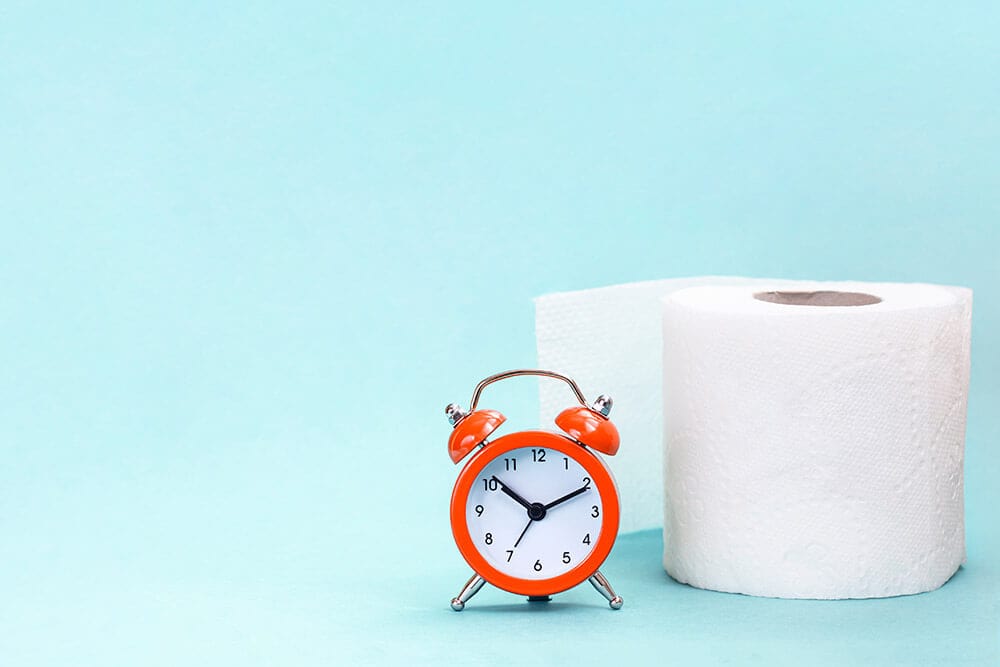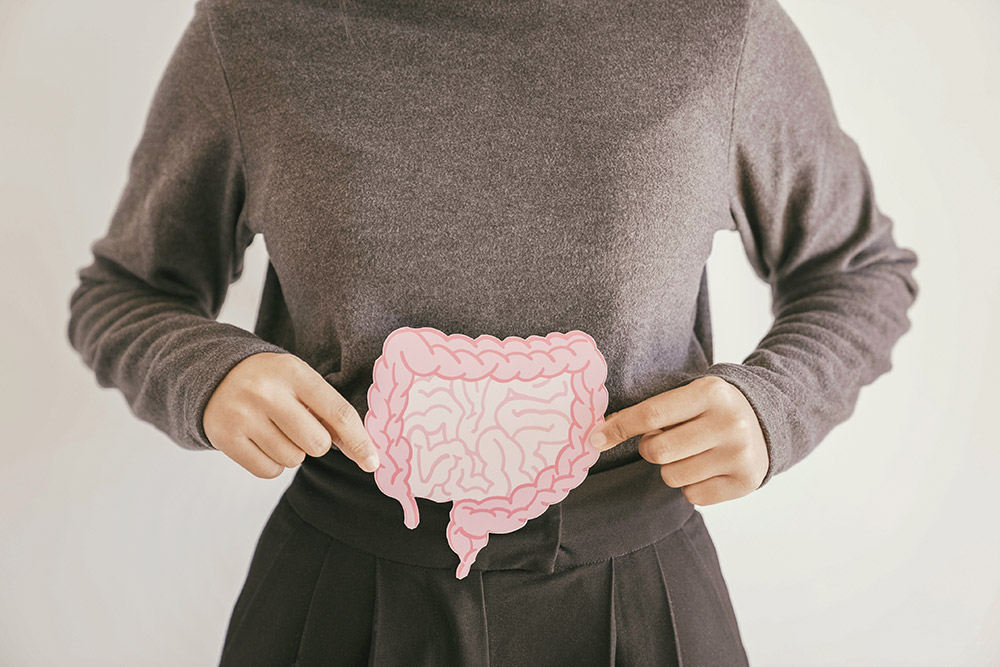How Dr. Rishi Chadha Diagnoses Rectal Polyps?
At his Houston clinic, Dr. Chadha uses simple, safe tools to find polyps:
Digital Rectal Exam (DRE)
Quick in-office check to feel for any abnormal lumps along the rectal wall.
Colonoscopy
A flexible, camera-equipped scope examines the entire colon and rectum for polyps and allows immediate removal of small growths.
Flexible Sigmoidoscopy
A focused scope views the lower colon (sigmoid and rectum) to detect any polyps or mucosal changes.
Biopsy
Suspected polyps are sampled and sent to pathology to identify the type of polyp and assess cancer risk.
Frequently Asked Questions
What are rectal polyps?
Rectal polyps are small growths on the inside lining of the rectum that often start as harmless lumps but can turn cancerous if not removed.
Are they always cancer?
No. Most rectal polyps are benign, but some types can develop into cancer over time if left untreated.
What causes rectal polyps?
Common causes and risk factors include age over 50, family history of colon cancer or polyps, ulcerative colitis or Crohn's disease, a low-fiber/high-red meat diet, smoking, heavy alcohol use, and obesity.
What types of polyps are there?
The main types are hyperplastic (usually harmless), adenomatous (can become cancerous), and inflammatory (often linked to IBD).
What symptoms should I look for?
Many people have no symptoms. When present, signs include blood in the stool, rectal bleeding, ongoing constipation or diarrhea, mucus in the stool, and mild abdominal cramps or pain.
Can polyps be confused with hemorrhoids?
Yes. Both can cause rectal bleeding. A colonoscopy or flexible sigmoidoscopy is needed to distinguish polyps from hemorrhoids.
How are they diagnosed?
Dr. Chadha diagnoses rectal polyps with a digital rectal exam (DRE), colonoscopy, flexible sigmoidoscopy, and if needed, a biopsy to assess polyp risk.
How are they treated?
Treatment options include lifestyle and diet changes, medications (e.g., anti-inflammatories, NSAIDs), colonoscopic polypectomy, endoscopic mucosal resection (EMR), and laparoscopic surgery for complex cases.
Can I prevent them?
Yes. Preventive measures include eating a fiber-rich diet, drinking plenty of water, maintaining a healthy weight through regular exercise, and avoiding smoking and excessive alcohol.
When should I get a colonoscopy in Houston?
Screening colonoscopies are generally recommended starting at age 45-50, then every 5-10 years based on findings and your doctor's advice.











